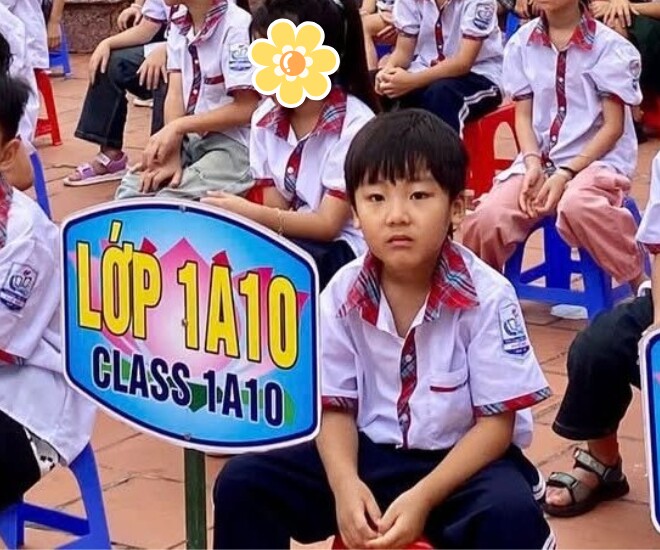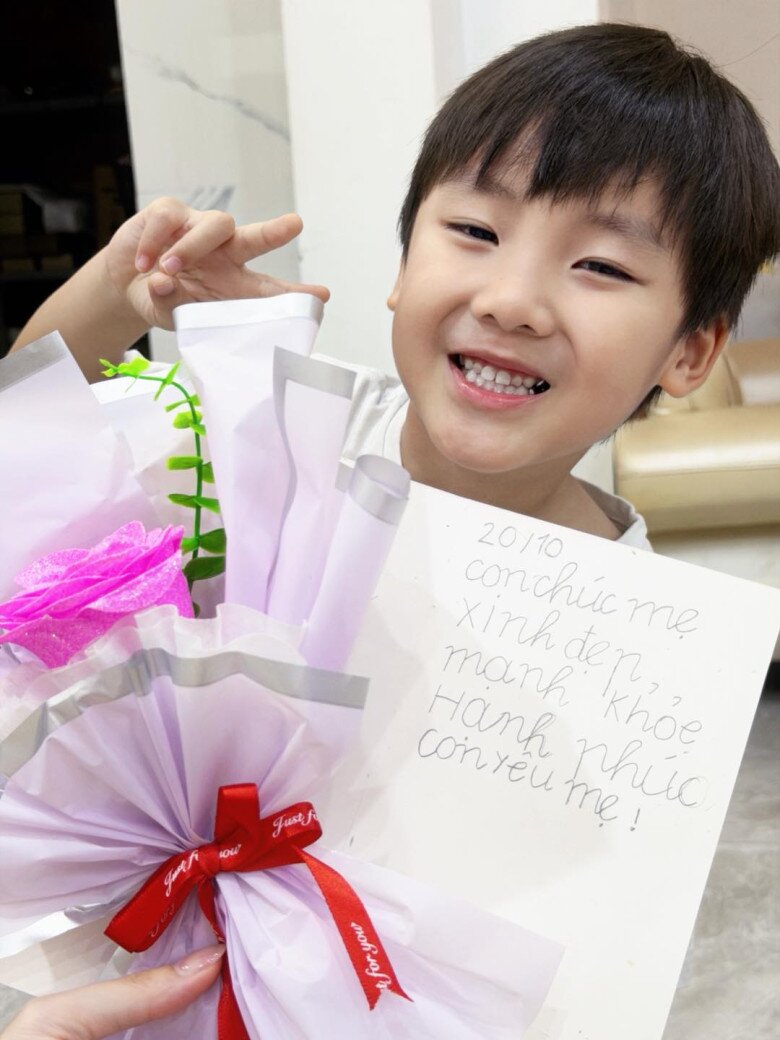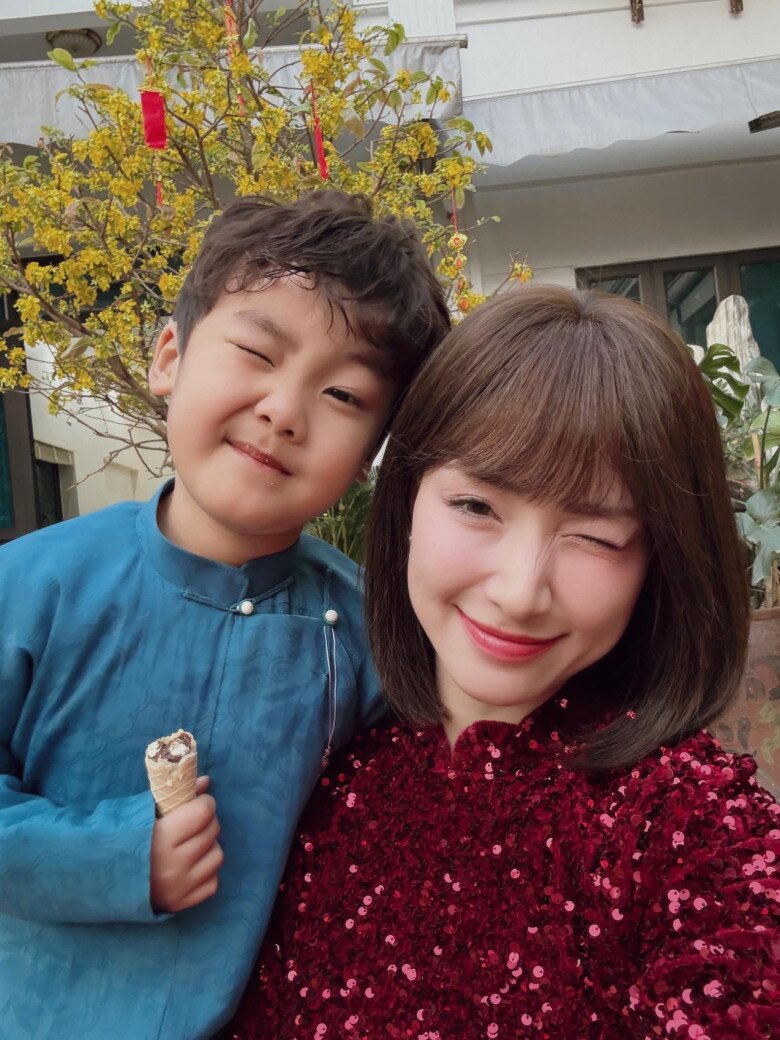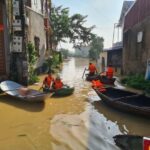
Little Bo is enrolled in a public elementary school in his hometown of Bac Ninh (Image source: Pho Moi Elementary School).
Hoa Minzy, a renowned Vietnamese singer with a portfolio of luxury properties and cars, recently surprised many with her decision regarding her son’s education. Instead of opting for an expensive international school like many Vietnamese celebrities, she chose a modest public school in Bac Ninh for her son, Bo.
Many speculate that the singer wants her son to experience a childhood rooted in their hometown, surrounded by family and the cultural values she grew up with. Bo’s radiant smile and joyful demeanor during a school event, shared on social media, clearly show his enthusiasm for his mother’s decision.


Bo is thrilled and happy in his new learning environment (Image source: Pho Moi Elementary School).
The school Bo attends is located 40km from Hanoi’s city center and just 10km from Bac Ninh City. With its spacious campus and abundant greenery, the school not only meets academic needs but also provides a refreshing environment for students.
Fans of Hoa Minzy have praised her thoughtful approach to parenting. As a single mother, she not only focuses on her son’s academic progress but also dedicates time to support his learning and development at home.
Beyond academics, Hoa Minzy encourages Bo to participate in skill-building activities and invests in his global exploration through travel. She believes that learning should be pressure-free and emphasizes that as long as Bo studies diligently and behaves well, that’s enough. Her nurturing approach has made Bo a bright, well-behaved, and affectionate child from a young age.
A heartwarming clip of Hoa Minzy and her son melts hearts.


Hoa Minzy is praised for her skillful parenting.
This highlights that a child’s academic success isn’t solely determined by whether they attend an international or public school, or the cost of tuition.
1. Individual Personality and Interests
Each child has unique traits, such as personality, interests, and learning styles. Some thrive in the high-pressure environment of international schools, while others flourish in the friendly, familiar setting of public schools. Parents should understand their child’s needs to choose the most suitable educational environment.
2. Parental Role in Learning
Parents are not just financial supporters but also companions, guides, and mentors in their child’s education. Creating a conducive home learning environment, encouraging self-study, and exploring new knowledge together are essential. Parents should actively participate in their child’s learning journey, fostering a continuous learning mindset beyond the classroom.
3. Educational Quality and Teaching Methods
Not all international schools offer better education than public schools. Quality depends on teaching methods, faculty, and curriculum. While tuition fees vary, the key is whether the program aligns with the child’s needs and abilities. Parents should thoroughly research a school’s educational quality before deciding.
4. Social Environment and Peer Influence
A child’s social environment significantly impacts their development. They need positive peers who share a passion for learning and exploration. Parents should encourage participation in extracurricular activities, clubs, and social events to broaden their child’s relationships and learning opportunities.
5. Positive Mindset and Perseverance
Developing a positive mindset and perseverance is crucial. Parents should teach children to view failure as part of the learning process. Instead of focusing solely on achievements, emphasize the value of effort and continuous learning. Creating a positive home environment helps children confidently face challenges.





































